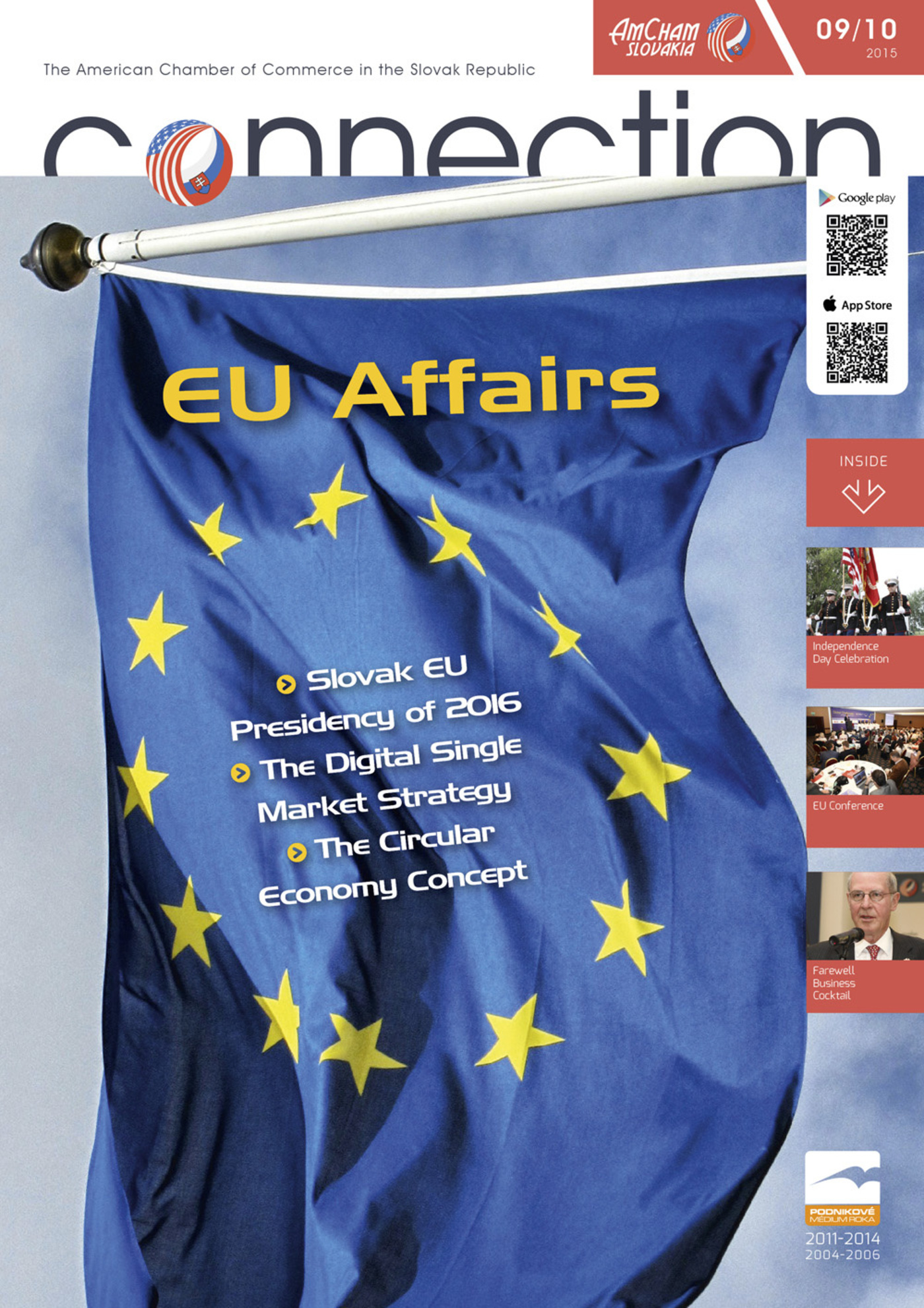It sounds straightforward – one Council, one President. However the EU Council can meet in ten different configurations or formations such as Foreign Affairs, Competitiveness, Economic and Financial Affairs, or Environment. The Council meetings are prepared by other bodies and the agenda of their meetings is defined by the results of meetings of yet another set of bodies. Altogether there are 176 “Council preparatory bodies”, mainly various working groups, that need presiding over1.
The EU Council has a rotating system of presidency. The rotation system has developed over the years – from an alphabetical order to a sophisticated order of pre-established groups of three Member States, taking into account their diversity and geographical balance. At the moment the Council is presided over by a so-called Trio Presidency of Italy, Latvia and Luxembourg; in 2016 another Trio starts – the Netherlands, Slovakia and Malta (1 January 2016 – 31 July 2017) followed by the United Kingdom, Estonia and Bulgaria. The establishing of the groups is intended to ensure a smoother handover of the agenda from one country to another as well as better coordination of work within the Trios.
EU decision-making is very complex within the main decision-making institutions – the European Parliament, Council, European Commission, – as are their interactions. Apart from formal contacts during the legislative process, there is an increasing number of informal contacts through the so–called Trialogues. Trialogues are not envisaged by the Treaties. They are attended by the representatives of the Council (i.e. Presidency), the European Parliament, and the Commission with the aim of coordinating the negotiations of the legislative acts.
As there are no specific provisions in the Treaty on how the Presidency should be conducted, every chair of a working group must be acquainted with the Council Rules of Procedure and the Handbook of the Presidency of the Council of the European Union. However, it is “usual practice” that is the biggest source of guidance. The General Secretariat of the Council is the body that supports the Presidency for example with the general organization of the meetings, with writing minutes, interpretation and legal service.
The Handbook states that the Presidency is neutral and impartial and must take due account of all positions expressed by the Member States. The Presidency is there to moderate, especially when a stalemate occurs and a compromise suggestion is needed. A successful Presidency is one that pushes an agenda forward, closes the files and reaches agreements.
In general, the Presidency sets agendas, chairs meetings, and draws conclusions. The Presidency prepares a program for the 6-month period which is an integral part of the 18-month program of the Trio. This program is set up in close cooperation with the President of the Foreign Affairs Council, the President of the European Council, the Commission and is in line with general EU strategies. The Presidency program is a place where national priorities can be reflected.
Nevertheless, no matter how well the program is prepared, the Presidency needs to react to urgent and topical issues and to totally unexpected global events, such as migrant issues, the UK referendum on the EU, developments in Greece, etc.
Apart from managing Council business, the Presidency also represents the Council with regard to other EU institutions. The Presidency also represents the Council and thus the EU Member States in various international negotiations with other countries, as well as in multilateral negotiations. It also represents the institution towards the public.
To succeed in all these tasks, working group chairs and vice-chairs, back office staff, policy experts, decision-makers, and press staff need to be trained to exercise the Presidency functions in a well-coordinated manner. They need an appropriate mix of knowledge and competencies – EU affairs, inter-cultural competence, negotiation skills, and language skills. Building EU capacities in the civil service is in any event a good investment, because, as we have heard many times at Presidency seminars, “If you fail to prepare, prepare to fail”.
Considering that Slovakia´s Presidency term is shorter than the usual 6 months (due to summer and winter holidays) and that many scheduled international negotiations take place in the second half of the year, there is very little room for maneuver with regard to promoting national interests. The most realistic approach will be to identify those issues on the agenda, inherited or expected, that Slovakia considers important, concentrate on them and push them forward.
If you look at the seating order of the Council meeting (and the same applies to the seating order of any of the 176 working groups or other Council preparatory bodies), there is a place for the President as well as for another person under the Slovak flag – a national delegate. The role of the national delegate is to represent and fight for national interests.
Slovakia needs and can be both – an honest broker as well as an interest defender. The first is inherent in the Presidency role; the second represents an opportunity.
1 There are some committees that are not chaired by the Presidency, but have fixed chairs.
Marta Jendeková, Member of the Management Board / European Affairs, AINova



Follow us